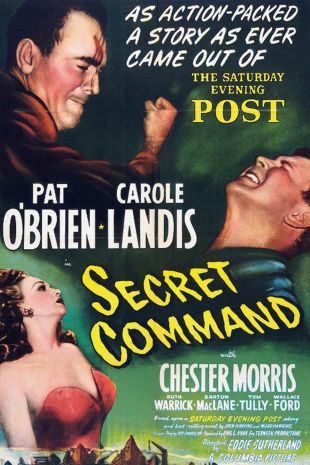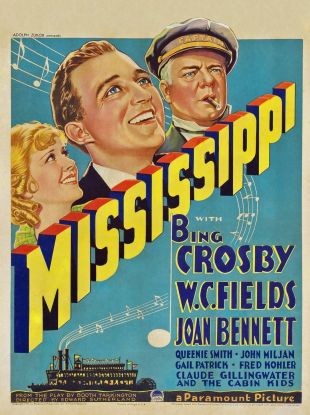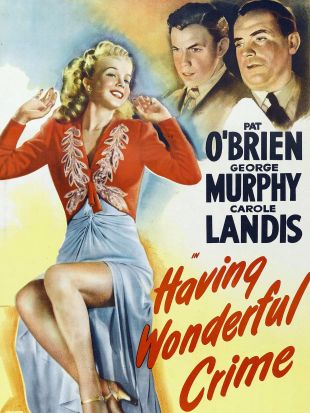Director A. Edward Sutherland was born in London to American parents. A vaudevillian from the time he was able to tie his shoes, Sutherland came to films in 1914 as an actor for Mack Sennett studios (he'd sometimes later claim to be one of the first Keysone Kops); within a year he was stunt man on the serials of Helen Holmes. He switched to the other side of the cameras as Charlas Chaplin's assistant on A Woman of Paris (1923) and The Gold Rush (1925), usually supervising the action whenever Chaplin himself was on-screen. Sutherland began flying solo as a director in 1925, displaying a fondness for comedy. While derided by some observers as merely a good-looking guy who had all the breaks, Sutherland displayed a keen talent for keeping the action lean and focused, and for injecting energy in scenes that didn't have any. He was briefly married to actress Louise Brooks, who in later years claimed that Sutherland was more interested in a good time than a good picture. With 1927's It's the Old Army Game, Sutherland inagurated a lifelong friendship with comedian W.C. Fields, a relationship predicated in great part on Sutherland's drinking capacity. While most directors despised Fields, Sutherland got along fine with the truculent comedian, guiding him through such films as Tillie's Punctured Romance (1927), International House (1933) and Mississippi (1935). Conversely, Sutherland had a great deal of trouble with another comedy giant, Stan Laurel; commenting on directing Laurel in The Flying Deuces (1939), Sutherland responded that he'd sooner direct a tarantula. Busiest at Paramount in the first decade of sound, Sutherland handled such money-spinning comedies as Fast Company (1929) and The Sap from Syracuse (1930); he also displayed a previously untapped talent for horror and melodrama with Secrets of the French Police (1932) and Murders in the Zoo (1933). Sutherland's career moved along smoothly into the '40s, during which time he directed Abbott and Costello, Bing Crosby, Carmen Miranda and many others. Then everything screeched to a halt with Abie's Irish Rose (1946), an excruciating adaptation of the 1928 Broadway hit which Sutherland both produced and directed. The film was such a disaster that, except for a 1957 B-picture, Sutherland never worked in Hollywood again; he moved to London, where in the '50s he produced and directed two TV series, International Detective and Exclusive. While never among the pantheon of Hollywood directors, Eddie Sutherland worked with virtually everyone of any importance in the business, making his latter-day reminiscences invaluable to such film historians as Kevin Brownlow and Garson Kanin.
Edward Sutherland
Share on


